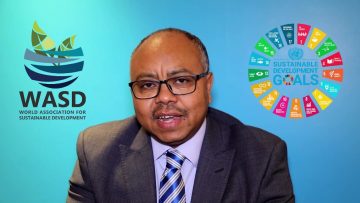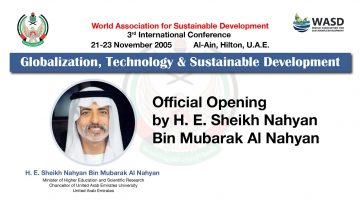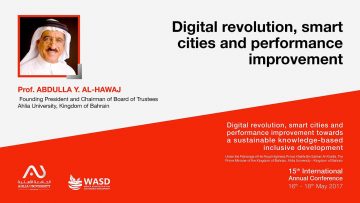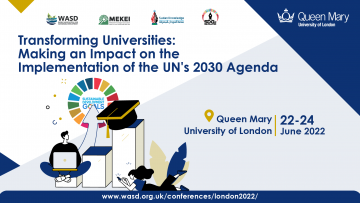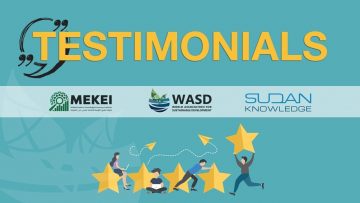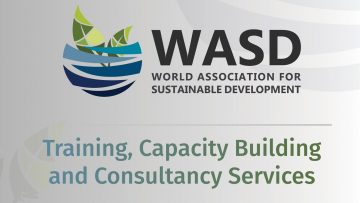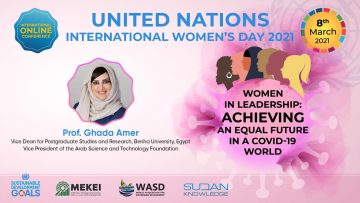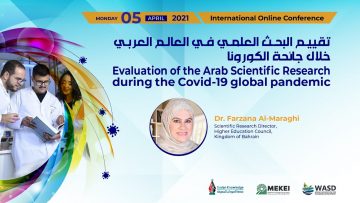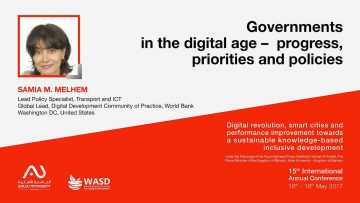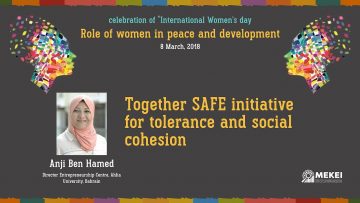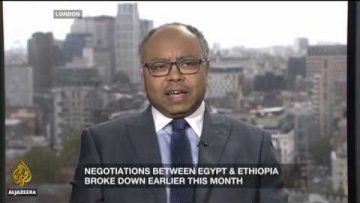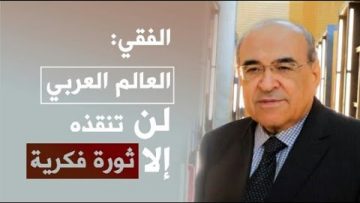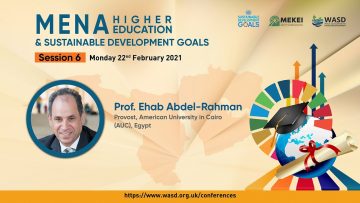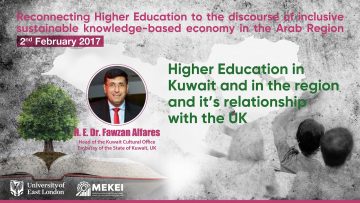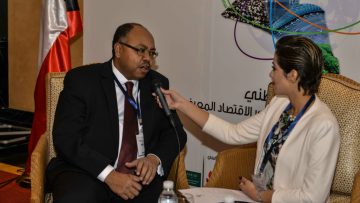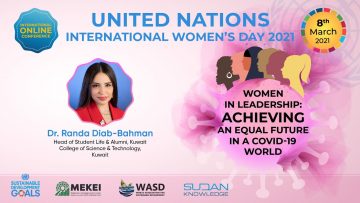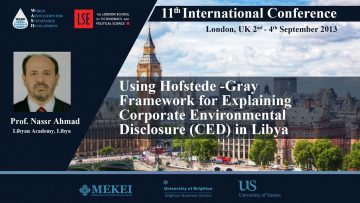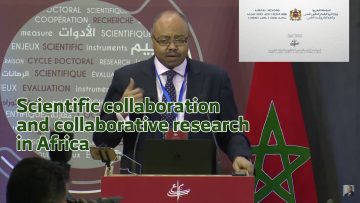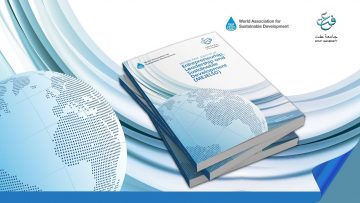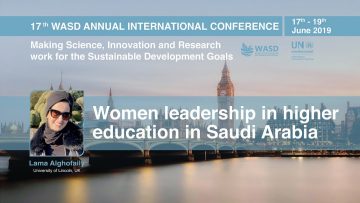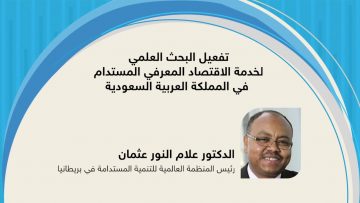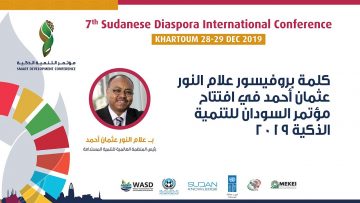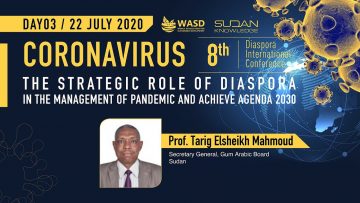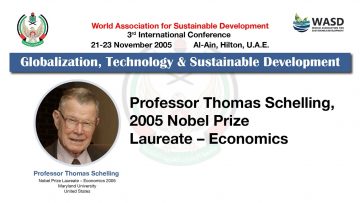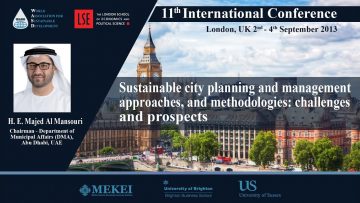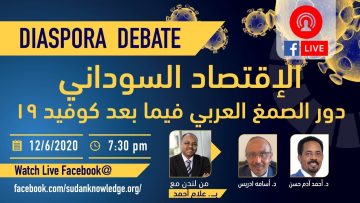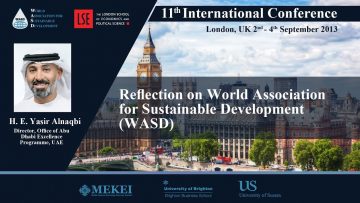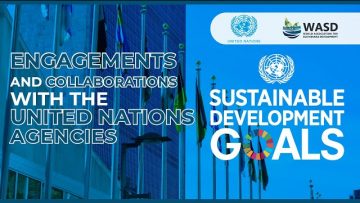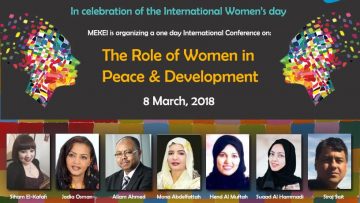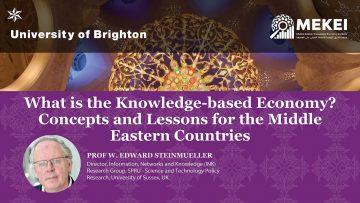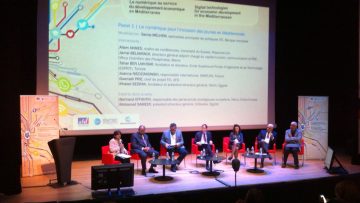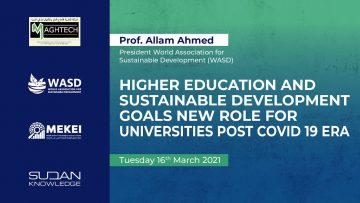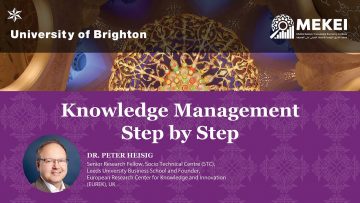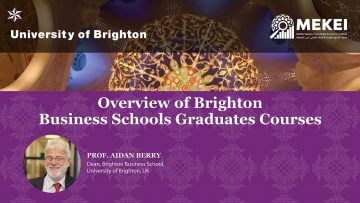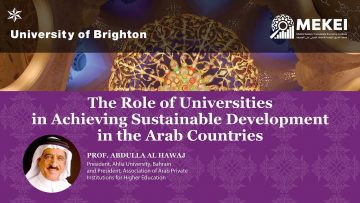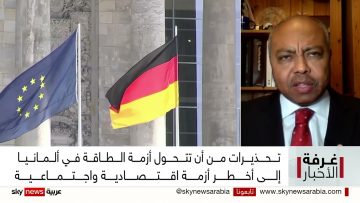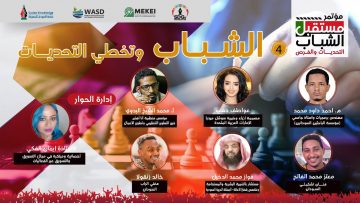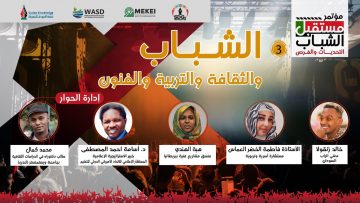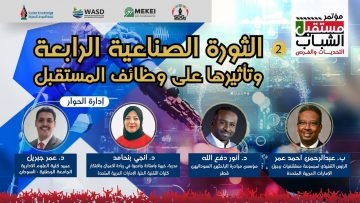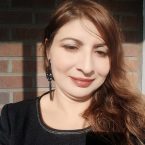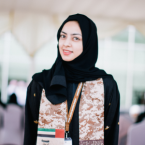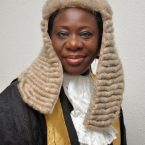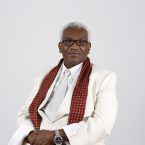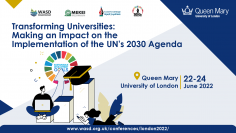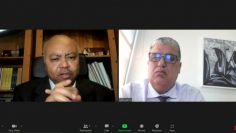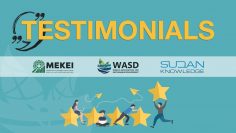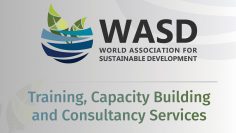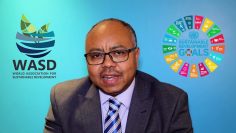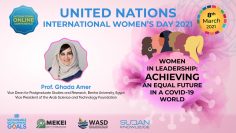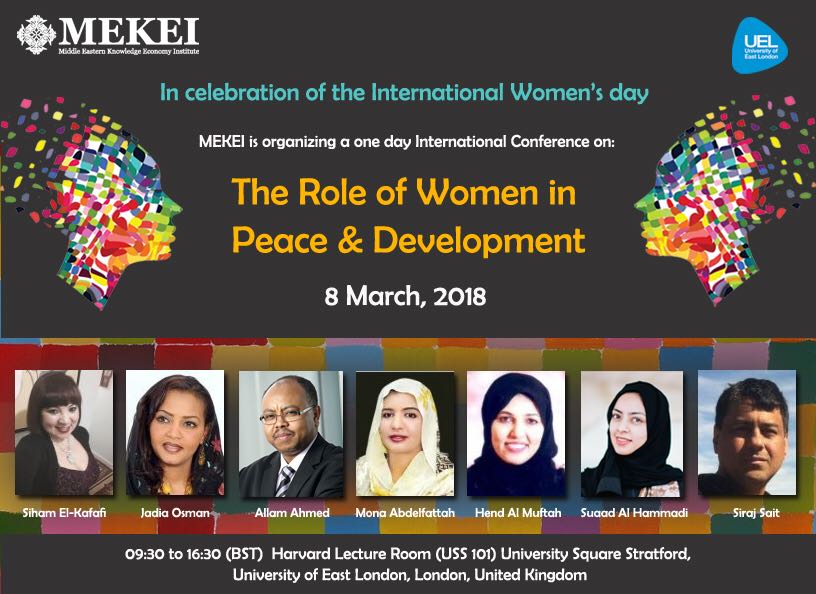
Role of Women in Peace and Development
Thursday 8th March 2018 from 09:30 to 14:30 (BST)
Room (US4.15) University Square Stratford, University of East London, London, United Kingdom
REGISTRTAIONTarget audience Women, academic, researchers, higher education officials, students, professionals, youth, NGOs, civil society groups, businesses, diplomats, and other stakeholders.
Focus Women, Arab Countries
Chair: Jessica Lumley, Programme Manager Geopolitics and International Relations, London Centre of International Law Practice, UK
Muslim women’s property rights: human rights, peace and development (WATCH VIDEO)
Siraj Sait, Director Centre for Islamic Finance Law and Communities (CIFLAC), University of East London, UK
Women role in social entrepreneurship (WATCH VIDEO)
Siham El-Kafafi, Director of Research, ICL Business School, New Zealand
Together SAFE initiative for tolerance and social cohesion (WATCH VIDEO)
Anji Ben Hamed, Director Entrepreneurship Centre, Ahlia University, Bahrain
Hope for opportunity and Syrian youth refugees initiatives (WATCH VIDEO)
Suaad Al Hammadi, Camp Ambassador to the Youth Assembly, United Nations, UAE
Women and diversity in international arbitration (WATCH VIDEO)
Funke Adekoya, Partner and Head of Disputes Resolution Practice Group at AELEX, Nigeria
Inspiration of women to Prof. Muhammad Younis (WATCH VIDEO)
AbdelGadir Warsama, Legal Advisor and Professor of Law American University in Bahrain, Kingdom of Bahrain
Does digital technology raise gender inequality? evidence from literature review (WATCH VIDEO)
Sonia Abdellatif, Researcher, Technology Management, Economics, and Policy, Seoul National University, South Korea
Concluding remarks
Allam Ahmed, Director MEKEI and President WASD
As part of our celebration of “International Women’s day” which is celebrated across the world to show the remarkable achievements pf women to the society. The main aim of this one day conference is to critically examine the current status of women in the Arab region. Clearly, women have an untapped potential as a primary mover of greater development within the region. Their role is very crucial for increased development, but challenges remain. And so, significant reforms in economic, social, and political institutions must be made to create an enabling environment for women participation and empowerment.
Women’s welfare in the Arab region has steadily improved in the past few decades with gaps in education and health decreasing the gender disparity gap by 60%. Saudi Arabia, for example, was among those that improved its educational sub-index score by 11% points (WEF, 2016). Similarly, a report by Assad (El Swais, 2015) stated that girls in the Middle East and North Africa (MENA) region actually outperform boys especially in the maths and sciences. However, in spite of such progress, women in the region remain to be the most vulnerable to poverty because of unequal access to economic and other resources. In comparison, while 50% of the women in the world are actively employed or seeking jobs, only about half or 27% of women in the MENA are of the same status (World Bank, 2012 cited in OECD, 2014). Thus, it appears that investments in human development are not readily translated to better economic and political outcomes for women. Unfortunately, women’s potential and crucial role in development within the region is still impeded by these economic and social factors. Among the key constraints of women highlighted in the region for economic participation are: strong patriarchal society; strong public sector and a weak private sector; and lack of support and benefits for women in the employment sector (Assad cited in El Swais, 2015).
Women’s participation is also very important in advancing peace, unity and combating terrorism, which is a most serious threat to development within the Middle East. Since 2010, conflict and insecurity in the region has been increasing (United Nations cited in OXFAM, 2016). It has also been recognized that women have been largely excluded from the processes of conflict management and prevention and that their role is important in the achievement of lasting peace and security (UNSCR 2242) (UN, 2015). With this, there is a need to increase women’s participation in peace processes since out of 31 global peace processes from 1992 to 2011, only 4% of key stakeholder representatives were women (UN WOMEN, 2011 cited in OXFAM, 2016). Women in peacekeeping missions are also crucial given their broad set of skills that helps in improving trust in communities as a whole (OXFAM, 2016). In general, women’s participation helps in accelerating resolution and countering terrorism while ensuring that women’s rights are protected.
Many consider the MENA region as one of the most important emerging parts of the world economy in the 21st century. The MENA region is strategically vital as it produces the majority of the world’s oil. However, despite the region’s oil, most Arab countries score lower on Human Development Index (HDI) world ranking, with GDP, productivity and investment rates well below the global average. Despite abundant financial and human capital, most Arab countries still lack adequate scientific and technological infrastructure to absorb, apply and create knowledge and disseminate information. At present, almost all knowledge and technology used in almost all MENA countries is produced outside the MENA region reflecting high dependency of MENA countries on outside knowledge and technology. A widening knowledge gap augurs poorly for future development of MENA societies stymied by an inability to create knowledge economies that gain benefits from the opportunities offered by globalization. It is, therefore, becoming widely accepted that the dominant economic model of the region – based on the public sector, oil incomes and workers’ remittances – is not up to the challenges of modern globalisation and the needs of advanced knowledge-based societies.
Partners
World Association for Sustainable Development (WASD)
Centre for Islamic Finance, Law and Communities (CIFLAC), University of East London
Sudan Knowledge (SK)




